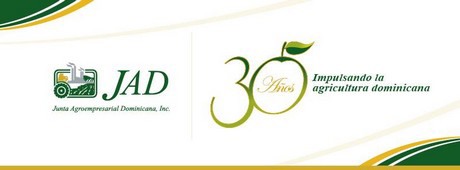The United States has removed some of its restrictions on the export of agricultural products from the Dominican Republic, which had been in force since 18 March, 2015, when the Animal and Plant Health Inspection Service (APHIS) of the United States issued federal order DA-2015-14 to restrict the entry of 18 Dominican fresh products in US territory.

Restricted products
The products to which this restriction applied were avocados, longans, peppers, clementines, mamey sapotes, grapefruits, grapes, mandarins, tangelos, toronja grapefruits, mangoes, tangerines, lemons, oranges, tomatoes, lychees, papayas and prickly pears, as reported by Osmar C. Benítez, executive president of the Dominican Agribusiness Board (JAD), which adds that the products recording the biggest losses have been avocados, peppers and tomatoes.
According to Benítez, the US has granted the request of the Dominican Republic to withdraw the restrictions, and "has lifted the ban in 23 Dominican provinces, which are the main production areas for most imported products. This federal order issued by the USDA/APHIS frees the areas of Santo Domingo and the National District, although the ban will remain in force in the provinces of the eastern region: San Pedro de Macorís, La Romana, La Altagracia, El Seibo, Hato Mayor and Monte Plata."
 Regaining its place
Regaining its placeThe executive president believes that, thanks to the lifting of the restrictions, the Dominican Republic will regain its place and continue expanding. He adds that, despite the ban, Dominican products will not encounter an extremely competitive market. "Our place has not been taken by other suppliers, according to a study we did with buyers, and during the period of the ban, we have kept in touch with our buyers, who, although they purchased from other countries, complained that Dominican products were better. We don't actually need to recover our place because we never really lost it."
Because of the ban, prices increased, due to the reduced supply. Now that Dominican products are going back to the US market, prices have stabilised again. Demand, according to Benítez, has remained unchanged.


 More information:
More information:


 More information:
More information: